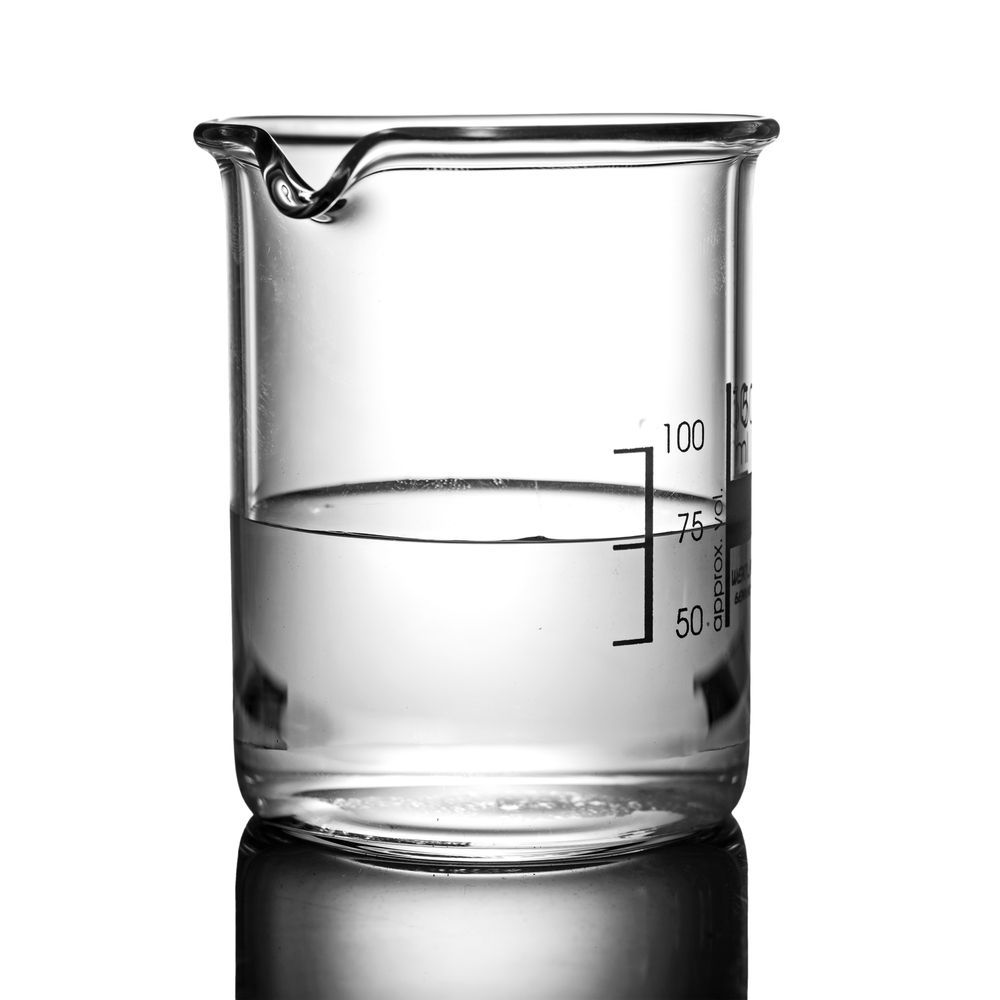Toluene Solvent: Uses, Effects, & Substitutions
December 17, 2024
Written by: Vertec BioSolvents

Scrubbing away inks, producing paints, and enhancing gasoline often involve a common ingredient—toluene. As a powerful and relatively inexpensive solvent, this chemical plays a significant role in industrial processes, construction, and other applications.
Unfortunately, it's also toxic and hazardous to the environment. In this article, you'll get answers to these essential questions: what is toluene used for, what effects does it have, and what options are available if you want a safer solution for your needs?
What Is Toluene?
Toluene is a clear, colorless liquid with a strong smell. It's a natural substance present in crude oil and the tolu tree, but humans also create it when making substances like gasoline. Toluene is part of a specific type of solvent degreaser known as aromatic solvent degreaser, which can help dissolve oils and contaminants.
Previously known as toluol, toluene is one of the most widely used replacements for a solvent called benzene. The shift away from benzene occurred in part because it's a known carcinogen, whereas researchers have not yet determined whether toluene causes cancer.
What Is Toluene Used For?
Toluene is present in many of the products and materials that people use every day. It's a popular solvent because it can mix with and dissolve a wide range of substances.
Paints & Coatings
One of the most common uses for toluene is producing paint and related products. Many paints and lacquers contain toluene because its fast evaporation rate helps them dry more quickly. It's also an ingredient in a variety of paint thinners.
Toluene is present in other types of coatings, including fingernail polish, because it allows for a smooth finish. People use it when creating fingernail polish remover because it quickly dissolves the applied polish.
Adhesives & Sealants
While paint production is among the most common applications for toluene, you'll find it in many other products, as well. Glues, adhesives, and sealants often contain this chemical because it helps prevent them from becoming too thick. This makes it possible to apply a thin layer of adhesive on a surface or product.
Gasoline
In the past, the gasoline industry often used benzene and xylene to improve octane ratings for gasoline, particularly gas for Formula One racing cars. In more recent years, they've begun using toluene instead or in addition to these substances. A high octane rating helps prevent knocking or pinging during combustion, and toluene raises the rating because of its high density and significant energy.
Other Uses
Manufacturers and labs also rely on toluene for several other purposes. For example, it's often present in rubber and is useful for producing nylon, plastics, and other chemicals. Toluene is also common in leather tanning and printing, particularly in inks and dyes.
Effects of Toluene Exposure
Toluene is a strong solvent, but it also comes with several drawbacks. Before using toluene, it's important to understand its potential for causing harm.
Health Effects
Unlike safe solvent products, toluene presents a variety of health concerns, ranging from minor discomfort to severe illness. Toluene exposure occurs when someone breathes in air or touches surfaces treated with it. That makes it especially risky for people who work with gasoline, paint, or dyes.
However, even people outside of these work environments can suffer because of toluene exposure. For instance, if you spend a lot of time in traffic or work in highway maintenance, you might inhale significant amounts of toluene from car exhaust. People who intentionally or unintentionally inhale glue or paint thinner can also experience damaging effects.

According to the Centers for Disease Control, toluene affects the nervous system, with short-term exposure causing these health effects:
- Headaches
- Dizziness
- Tiredness
- Confusion
- Weakness
- Memory loss
- Nausea
- Loss of appetite
These symptoms usually disappear when exposure stops. However, long-term, repeated exposure, such as in the workplace, can cause more serious damage, including hearing and color vision loss and brain damage.
Along with these concerns, toluene is highly flammable. If workers handle it improperly, it can cause dangerous and potentially life-threatening fires.
Environmental Effects
Toluene not only puts people at risk but also poses a threat to the environment. It regularly enters the air through industrial processes and from car exhaust, releasing volatile organic compounds (VOCs) that worsen air pollution.
The most concerning scenario, however, is if toluene leaks or spills into the soil or a source of water. Studies have found that it can be harmful to animals, causing neurological issues similar to those of humans and potentially suppressing the immune system. Long-term exposure can have more serious impacts, including liver damage. When it enters lakes, streams, rivers, or groundwater, toluene is also moderately toxic to aquatic life and causes damage to plants.
Bio-Based Substitutes for Toluene Solvents
Although toluene has many advantages, the damage it can do to people and the planet is problematic, to say the least. Despite those negative aspects of its use, it remains widespread because of its low cost and strength.
Fortunately, viable alternatives to toluene have emerged in recent years. These products have fewer side effects but the same or greater effectiveness, helping to keep workers, consumers, wildlife, and plant life safe.
For example, VertecBio ELSOL TR is a bio-based option that has better power yet lower VOCs than toluene. It's an ideal solution for paints, coatings, and inks and is made entirely from renewable resources.
If you need a product to clean adhesives, resins, paints, coatings, inks, and other substances,
VertecBio Citrus products are an excellent option. In addition to having a more pleasant scent than toluene, these products are also biodegradable, non-toxic, and more cost-effective.
Request a Sample of Vertec's Toluene Solvent Substitute
Chemicals like toluene have long served an important purpose in an array of industries. Over time, however, people have become more aware of their significant downsides.
Vertec BioSolvents is proud to offer a line of bio-based solvents that can safely replace toluene without sacrificing quality.
Reach out to learn more about toluene substitutes and request a sample so you can see them in action.


